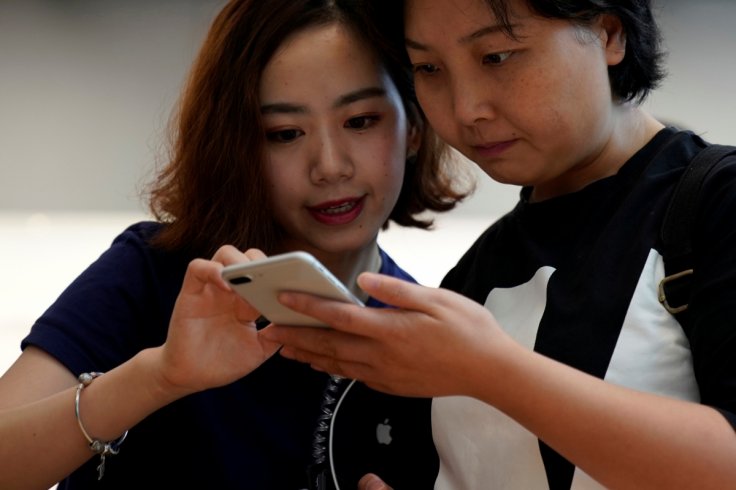Whether it's a tsunami or the Middle-East conflict, news is always followed by misinformation and rumors with doctored videos worsen the crisis situation, often unintentionally on the social media platforms. Currently, the world is witnessing a similar upsurge in news and rumors related to Wuhan Coronavirus outbreak.
Taking a global shot as an epidemic, it has caused enough panic all over the world with pranksters and miscreants furthering the situation with misinformation and doctored videos. Unless readers are aware of what's real and what's not, it's going to be a devastating crisis for the governments to deal with. Here's a look at how to dissect the truth and stay away from spreading the misinformation:
Misinformation as US conspiracy
As social media shares anything and everything, these platforms have turned into unreliable sources for news. A social media user can become a victim of falsehood if he doesn't pay attention to find out whether the post is trustworthy or not.
Three major social media platforms Facebook, WhatsApp and Twitter are currently struggling to combat misleading coronavirus news. These platforms are filled with fake news and videos matching the speed at which the virus is spreading in China and overseas.

A US Republican standing for the US Senate this year, got himself involved in a controversy for his remarks when he posted a picture of a patent suggesting that the coronavirus already has a patent registered in the US. Many anti-vaxxing groups on Facebook have posted the patent link, claiming that it is indeed a US conspiracy.
Corona beer to TikTok claims
Another shocking post on Facebook claimed that coronavirus is a hoax and drinking corona beer will cure the virus, and a comment on the post links it to a website which claims that the philanthropy non-profit organization Bill and Melinda Gates Foundation was connected to the recent outbreak of Wuhan coronavirus.
The world-famous video platform TikTok has become another platform beset with such misinformation and conspiracy theories, forcing the outfit to update its community guidelines. Despite these measures to combat misleading information, Media Matters found multiple videos on TikTok spreading baseless claims and conspiracy theories about the coronavirus.
Some of these videos even claimed that the virus was created by the government to wipe out its population. In another TikTok video, which received 8,000 likes already, the creater mentioned that "every 100 years, the government spreads these diseases into animals for population control."

How to Identify Misinformation or Manipulated News?
Source of the news matters: The freedom of the internet lets anyone share anything on several platforms. But when you come across any story or post related to coronavirus, try to check the source of the news. Ask these three questions to yourself --
Is it a reputed and well-known publication?
Does this outlet follow ethical guidelines for reporting?
Is the website a professional one or making baseless claims without proof?
In terms of posts from individuals, you should think twice whether these people are well known public figures or a random person who is trying to spread speculations.
Dig deeper to know more: A story may look well-written, but it is possible that the author might be citing an unreliable source. It is necessary that while reading coronavirus related story, a reader should find out whether the author is citing the global UN body World Health Organization (WHO) or government agencies like the Centers for Disease Control and Prevention (CDC), National Health Service (NHS), any Ministry of Health or just aping people posting on social media?

Conspiracy theories: It is a fact that currently many reports and posts came out claiming that this outbreak is a Chinese biological weapon experiment, while others claim an idea about the leakage of virus from labs. Here, the source and authenticity of the person or expert being quoted matters to filter out the truth.
Images and headlines can change your opinion: An image may be worth a thousand words but that doesn't represent truth always. Images of Chinese officials in hazmat suits or crowds of people wearing face masks can create a strong emotional reaction, which is ideal to manipulate emotionally but they need not necessarily be the pictures of the current China virus. Check and re-check with established news providers before forwarding them to others. It could be a misleading image to create confusion and spread panic among the people.









